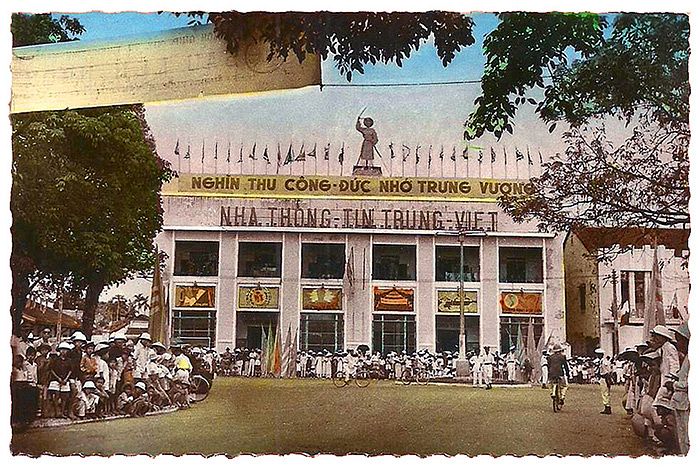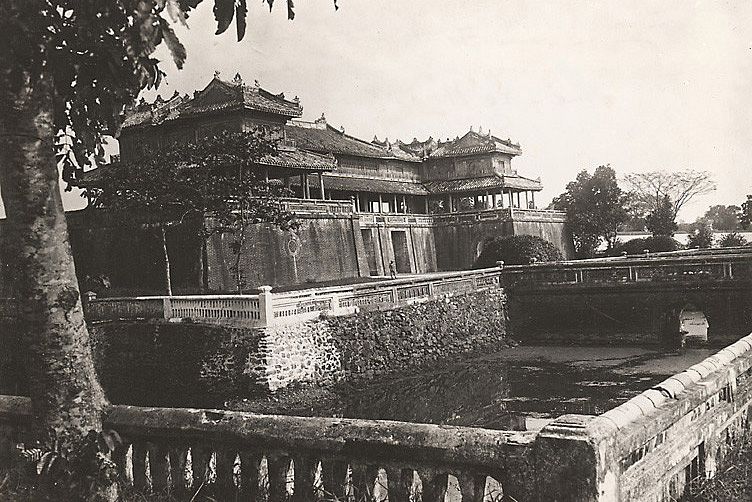Over at her Saigon - Cho Lon blog, Chen Bichun recently explored one of the many rarely discussed layers of history – the thousands of Japanese women who were forced into prostitution across Asia in the late 19th and early 20th centuries.
Though it refers to a dialect spoken in west and north Kyushu, "Karyuki-San," literally “someone who goes to China,” eventually became synonymous with overseas Japanese prostitutes as this is the region from which many of them hailed.
These women where often the daughters of poor fishermen who were visited by mediators that offered compensation to the families, promising that their daughters were going overseas for public duty.
They were then sold off to the owners over overseas brothels and sent to bustling colonial port cities including Singapore, Penang, Malacca, Port Swettenham, Sandakan, Kuching, Jakarta, Surabaya, Bangkok, Saigon, Hai Phong and Hanoi.
In Vietnam, Karyuki-San first appeared in mass in 1884-1885 to meet the demand of the growing number of French troops stationed in the North during the Sino-French War.
According to official records, by 1908, the vast majority of Japanese living in Indochina were prostitutes.


Ironically, the presence of Karyuki-San in Vietnam resulted in the establishment of ancillary businesses that would eventually replace the local Japanese sex industry.
In 1913, Kimura Saburo, a Lieutenant Colonel in the Imperial Japanese Navy inspected the situation of Japanese people in French Indochina:
"The situation in French Indochina was same as the other place in Southeast Asia. The first Japanese settlers were prostitutes and pimps. Later, the small shopkeeper moved to here to offer the commodity and needs to prostitutes, ex: Kimono shop, laundry shop, hairdressing shop, and photographer. After they understand the local situation, merchants follow their step arrived, then intellectuals and other Japanese individual who would like to refer to himself to move to here.”

These economic developments coincided with changing social norms on the Japanese mainland. In 1920, the government issued a decree ending the age of legalized prostitution and, by 1923, all Japanese brothels in Indochina had been closed.
Upon their return to Japan, most Karyuki-San were looked down upon and abandoned by their families, shamed by a profession most of them didn't chose.
Head over to Bichun’s blog for more details about Karyuki-San and other often overlooked pieces of Vietnamese history.














